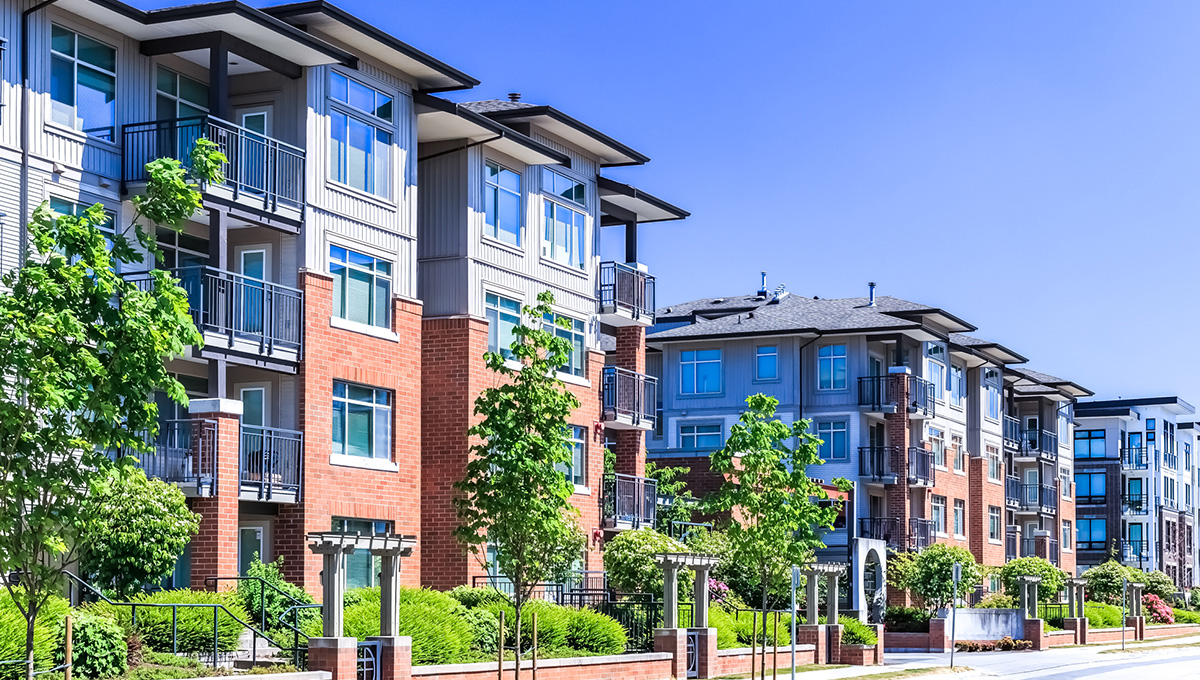While the word “security guard” may elicit the thought there’s a need for such measures, the word “courtesy officer” brings to mind something much less innocuous. This is one reason why many apartment properties are making the shift to the latter when assigning titles to employees who provide on-property security functions. Unfortunately, this can lead to some confusion among residents. Let’s take a closer look at the increasingly prominent role of the courtesy officer within apartments and the property management industry.
What is a Courtesy Officer
Although their names sound very different, courtesy officers and security guards fulfill the same basic set of responsibilities: To provide security to residential communities.
Typically, apartment courtesy officers are employed directly by property management companies and may be provided with on-site housing or reduced rent as part of their jobs. Because they live on premises, they’re often familiar with residents and properties, as well as readily available if a problem arises. They conduct courtesy patrols, meaning they perform regular walkthroughs of the various areas within the residence, such as pools, clubhouses and laundry facilities. They also may wear more discrete attire — like a simple polo shirt — as opposed to the typical uniform of a security guard.
Some property management companies may choose to incorporate mass notification technology into their security strategy. This would enable officers to communicate with residents in real time about events or emergencies.
Many property managers mistakenly assume using the title of “courtesy officer” reduces their liability in the event a crime occurs. This is a misconception according to LPT Security Consulting. Regardless of what you choose to call them, courtesy officers are a security measure and should be viewed as such by management and residents alike.
“Courtesy” Vs. “Security”
While there are some minor differences between courtesy officers and security guards, the biggest discrepancy may indeed be the name. Both come with ample training and experience. In many cases, they’re off-duty law enforcement agents.
However, there are also some differences between the two. Unlike courtesy officers, security guards are usually contract workers. They wear uniforms, may be responsible for conducting routine foot patrols and are often on more formal terms with residents because they don’t live within the community. And unlike courtesy officers who may only offer coverage during normal office hours, security guards typically work in around-the-clock shifts.
Things to Keep In Mind
While contract security guard duties are externally managed, apartment courtesy officers fall under the umbrella of property management and don’t come with a predefined set of functions. Property managers who opt to employ a courtesy officer should be careful to clearly delineate accountability in terms of all expected and agreed upon job duties. These can exceed core security functions, comprising everything from checking external lighting to ensuring facilities — like the pool and laundry — are in working order.
While courtesy officers may seem like new players on the property management scene, they’re ultimately quite similar to security guards in function. If you do choose to employ a courtesy officer, adequately communicating the roles and responsibilities of the position to residents will not only prevent misunderstandings, but can also help build your community.
To learn more about safeguards and solutions to keep your residents secure, check out our property management and real estate offerings.


